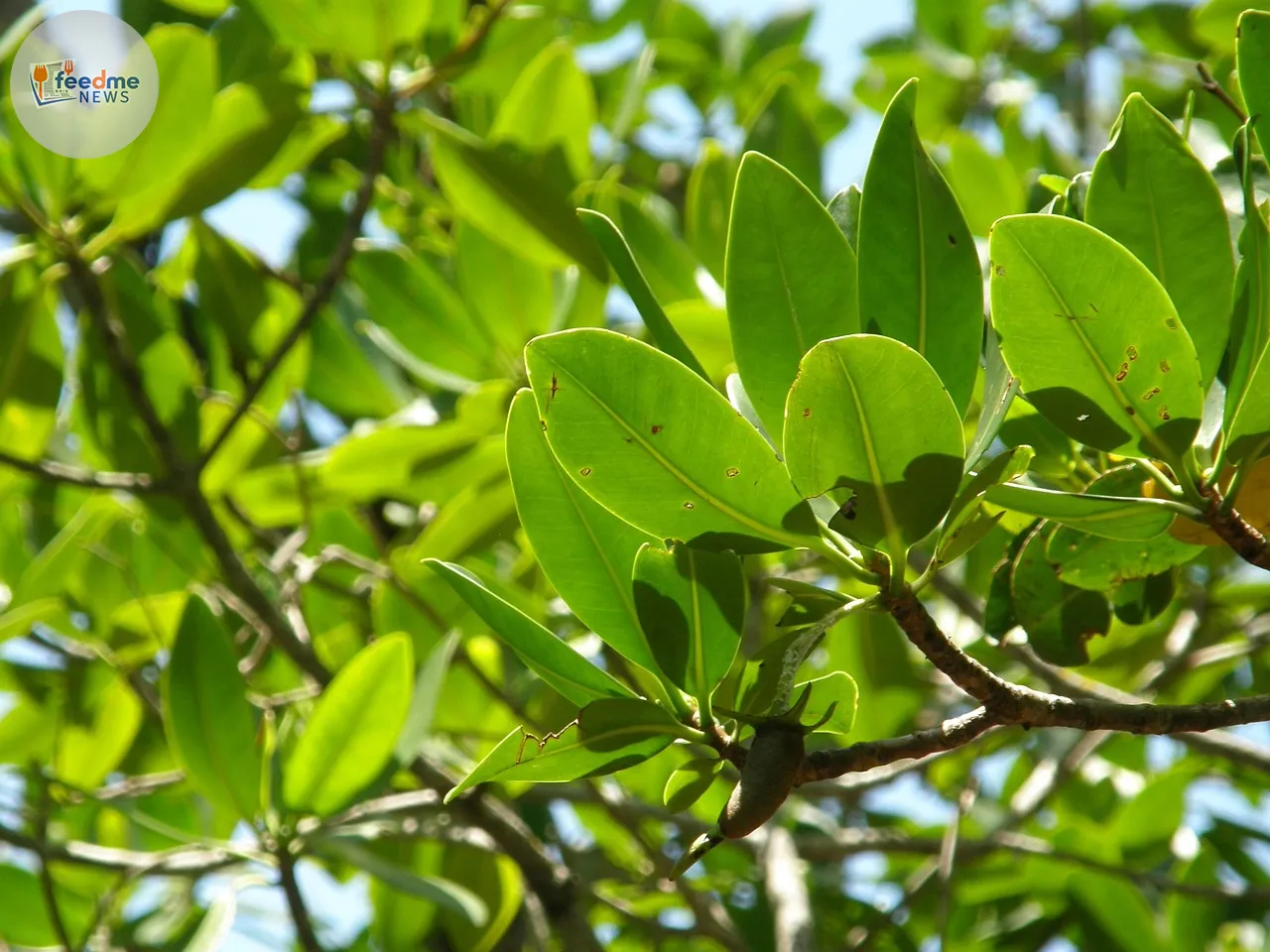As dawn breaks over Oibola village in the Solomon Islands, the receding tide reveals a labyrinth of mangrove roots, a vital part of the coastal ecosystem. Ben Waleilia, dressed in muddy jeans and a worn T-shirt, navigates this maze with care, collecting mangrove seedlings in a small plastic bucket. His mission is simple yet profound: to restore the mangroves that are crucial to the survival of local communities.
The Struggle Against Environmental Threats
The Solomon Islands, an archipelago in the South Pacific, faces severe environmental challenges. Mangroves, which act as natural barriers against coastal erosion and provide habitats for diverse marine life, are under threat from land clearing, development, and rising sea levels. These crucial ecosystems are disappearing at an alarming rate.
In recent years, the encroachment of human activity has accelerated the degradation of mangrove forests. Development projects often prioritise short-term economic gains over environmental sustainability, leading to the destruction of these natural buffers. Rising sea levels, a consequence of global climate change, compound the problem by inundating low-lying areas where mangroves thrive.

A Personal Journey to Conservation
Ben Waleilia’s journey into conservation began when he witnessed the rapid decline of mangrove forests around his village. “I couldn’t watch the forests vanish,” he explains, recalling the moment he decided to take action. Waleilia’s commitment to preserving these vital ecosystems is driven by a deep connection to his homeland and a desire to protect it for future generations.
Waleilia’s efforts extend beyond planting seedlings. He actively engages with his community, educating them on the importance of mangroves and mobilising local support for conservation initiatives. His work has inspired many villagers to join him in replanting efforts, creating a grassroots movement dedicated to environmental stewardship.
The Role of Mangroves in Climate Resilience
Mangroves play a critical role in building climate resilience for coastal communities. Their dense root systems stabilise shorelines, reducing the impact of storm surges and preventing land erosion. Additionally, mangroves serve as nurseries for fish and other marine species, supporting local fisheries and sustaining livelihoods.
Dr. Jane Smith, an expert in marine ecology, emphasises the importance of mangroves in mitigating climate change impacts. “Mangroves are one of the most effective ecosystems for carbon sequestration,” she notes, highlighting their ability to absorb and store carbon dioxide. “Protecting and restoring mangroves is essential for combating global warming.”
Community Involvement and Education
Community involvement is paramount to the success of conservation efforts in the Solomon Islands. Waleilia recognises the need for education and awareness-raising to foster a culture of environmental responsibility. He collaborates with local schools and organisations to conduct workshops and training sessions on sustainable practices.
These educational initiatives empower communities to take ownership of their natural resources. By understanding the ecological and economic benefits of mangroves, villagers are more likely to support conservation efforts and adopt sustainable livelihoods that do not harm the environment.
Overcoming Challenges in Mangrove Restoration
Restoring mangroves is not without its challenges. The harsh conditions of coastal environments, coupled with the threat of rising seas, make it difficult to ensure the survival of young seedlings. Waleilia and his team employ innovative techniques to improve seedling survival rates, such as selecting resilient species and using protective barriers against harsh tides.
Despite these obstacles, Waleilia remains optimistic about the future of mangroves in the Solomon Islands. His unwavering dedication and collaborative approach have led to significant progress in reforestation efforts, with hundreds of hectares of mangroves successfully restored.
Looking Ahead: A Model for Sustainable Conservation
The work being done in the Solomon Islands serves as a model for sustainable conservation worldwide. By prioritising community engagement and education, Waleilia demonstrates that local action can lead to meaningful environmental change. His efforts underscore the importance of grassroots movements in addressing global environmental challenges.
As the world grapples with the effects of climate change, the lessons learned from the Solomon Islands are increasingly relevant. By investing in ecosystems like mangroves, communities can enhance their resilience to climate impacts and secure a sustainable future.
In conclusion, Ben Waleilia’s commitment to restoring mangroves in the Solomon Islands exemplifies the power of individual action in driving environmental change. His work not only protects vital ecosystems but also inspires a new generation of conservationists dedicated to safeguarding our planet’s natural resources. As global awareness of environmental issues grows, efforts like Waleilia’s offer hope and a blueprint for a more sustainable future.






